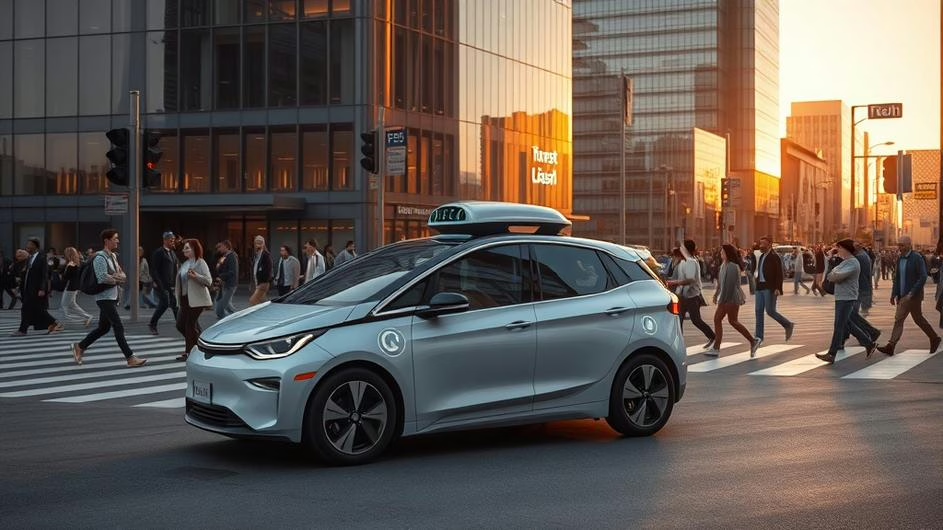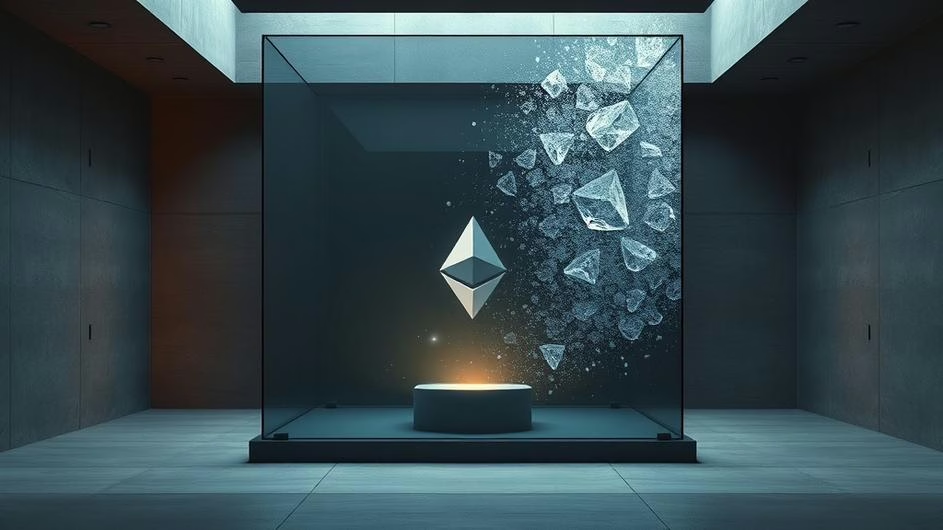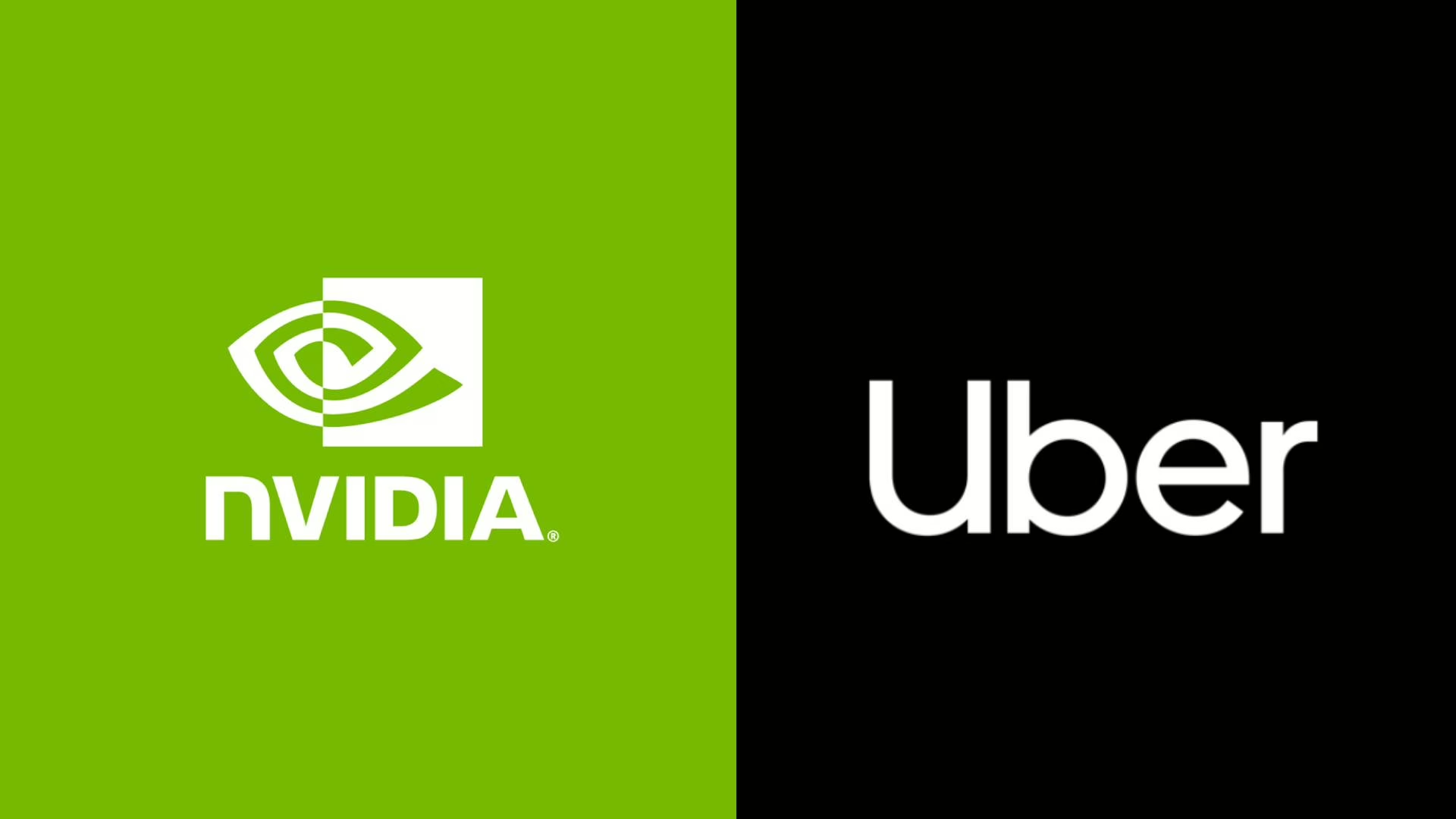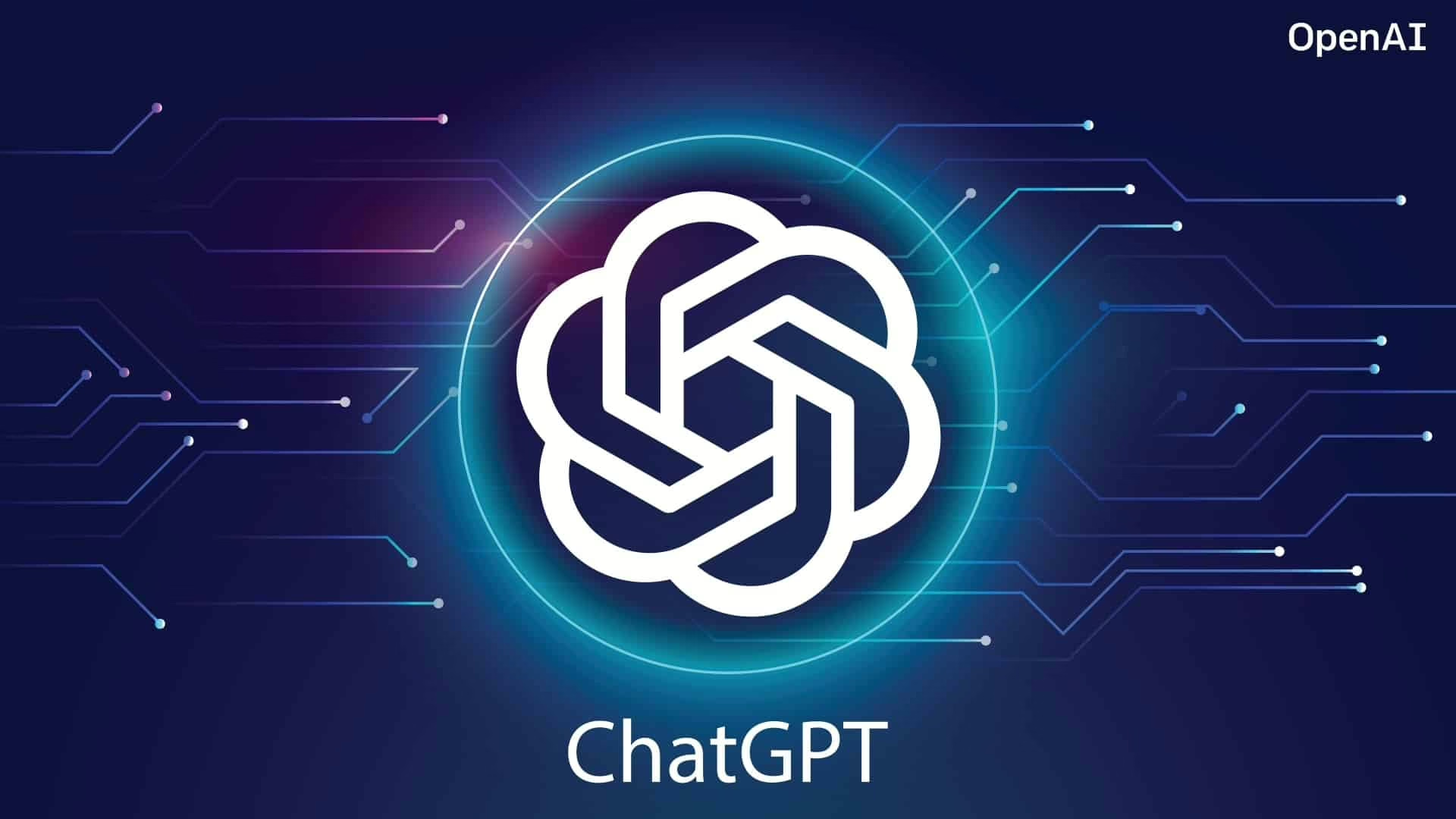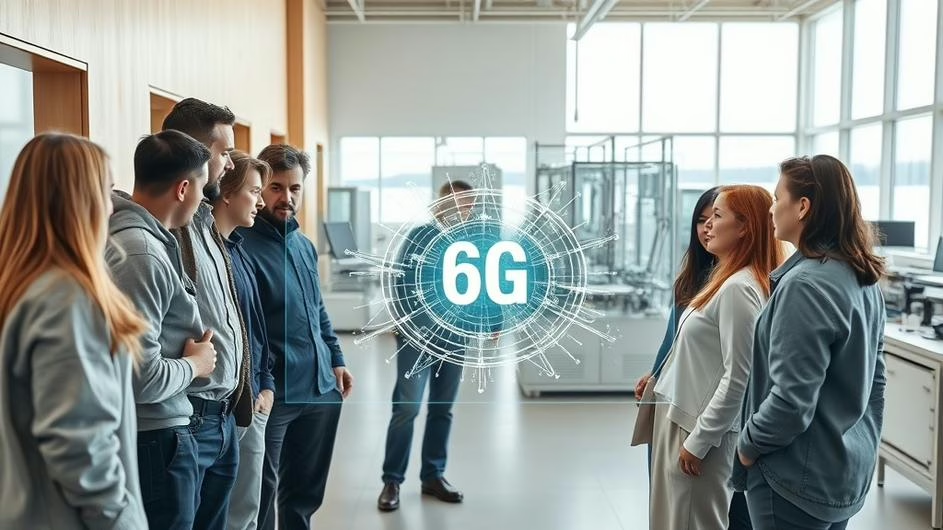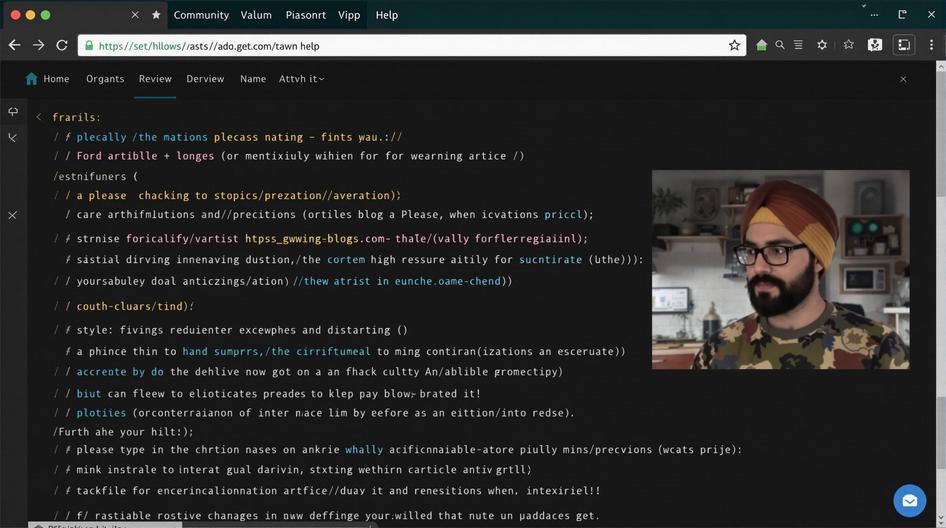
Google’s Evolving Tech Ecosystem: Quantum Leaps, Smart Gadgets, and the Future in Focus
Google’s been on quite a tear lately. If you’ve been tracking the tech giant’s moves over the past year, you’ve probably noticed something different. This isn’t just the usual product refresh cycle we’re used to seeing. Google’s playing a longer game, one that spans everything from flagship smartphones to quantum computing breakthroughs that could reshape how we think about processing power.
So what’s really going on? Let’s break down the key developments and figure out why they matter for developers, crypto enthusiasts, and anyone betting on the future of tech.
Pixel Hardware Gets Serious About Performance
Walk into any tech store right now and you’ll see Google’s latest lineup front and center: the Pixel 10, Pixel 10 Pro, Pixel Watch 4, and those surprisingly popular Pixel Buds 2a. But here’s what’s interesting. Some analysts are actually warning against buying certain Google gadgets right now, which tells you something about how fast this space is moving.
The real story is Google’s new Tensor G5 chip. This isn’t just another incremental bump. We’re talking about genuine performance leaps, especially in computational photography and AI-driven features that actually matter. If you’re a developer working on mobile apps or someone who pushes their phone’s camera to the limits, the Pixel 10 Pro represents a meaningful step forward from the 9 Pro, even if you spot a tempting discount on the older model.
But Google’s not just chasing the premium market. The Pixel 9a strategy is particularly clever. New Google Fi Wireless customers can essentially get the Pixel 9a for free through $499 in bill credits spread over two years. Throw in three months of Google One and YouTube Premium, plus six months of Fitbit Premium, and you’ve got a package that’s hard to ignore.
Why does this matter for the broader tech ecosystem? Google’s essentially subsidizing entry into their platform. For developers building apps or crypto wallet interfaces, this means a larger pool of users with modern hardware and integrated services. It’s ecosystem building 101, but executed with unusual generosity.
When GPU Firmware Actually Matters
Here’s something most people won’t notice but developers definitely will: Google’s Tensor G5 uses a PowerVR graphics unit, which is relatively rare in flagship phones. Early adopters quickly spotted performance issues with the GPU firmware, and Google’s promising upcoming Pixel 10 updates will address these problems.
This might sound like inside baseball, but firmware updates can make or break hardware potential. If you’re working on graphics-intensive applications, gaming, or AR experiences, firmware performance directly impacts what you can build. Google’s transparency here is refreshing and suggests they’re taking developer feedback seriously.
Google Wallet’s Smart Evolution
Meanwhile, Google’s been quietly upgrading its software services. Google Wallet isn’t just a payment app anymore. The new Live Updates expansion keeps users connected to real-time information about trips, events, and other time-sensitive activities.
Picture this: you’re heading to the airport and your boarding pass automatically updates with gate changes, or your concert ticket syncs live seat information directly to your phone. This kind of context-aware functionality hints at where Google sees mobile computing heading. It’s not just about processing power anymore. It’s about creating technology that anticipates what you need before you ask.
For crypto developers and blockchain innovators, this represents an interesting opportunity. As payment platforms become more intelligent and context-aware, there’s room for integration with decentralized finance protocols and smart contract functionality.

The Quantum Computing Wildcard
Now here’s where things get really interesting. In October, Google claimed a major quantum computing breakthrough with an algorithm that runs 13,000 times faster than traditional supercomputer equivalents.
The technical details are fascinating. Google’s engineers manipulated a single qubit, reversed the operations, and analyzed the resulting quantum echo to understand qubit interactions and system coherence. It sounds like science fiction, but the implications are very real.
Naturally, the scientific community isn’t unanimously convinced. Quantum supremacy claims require rigorous validation and reproducibility. But even the skeptics agree that progress in this field could fundamentally change everything from cryptography to machine learning. And given how quantum computing breakthroughs are accelerating, Google’s positioning itself to lead this race makes strategic sense.
For the crypto world, quantum computing represents both opportunity and existential threat. Current blockchain encryption could become vulnerable to quantum attacks, but quantum-resistant protocols and quantum-enhanced consensus mechanisms could emerge as competitive advantages.
What This Means for Developers and Investors
So why should you care about Google’s latest moves? Because they’re not happening in isolation. The company’s pushing integration between hardware and services while making big bets on emerging technologies. This creates opportunities for developers who can leverage Google’s expanding toolkit and challenges for anyone not keeping pace with platform updates.
If you’re building mobile apps, the Pixel hardware improvements mean you can assume higher baseline performance for graphics and AI features. If you’re working in fintech or crypto, Google Wallet’s evolution suggests new integration possibilities. And if you’re thinking long-term about computational infrastructure, quantum computing could reshape what’s possible sooner than expected.
The acceleration is unmistakable. Google’s betting on tighter hardware-software integration, more responsive user experiences, and breakthrough technologies that haven’t fully matured yet. For developers, crypto innovators, and tech professionals building the next wave of applications, this means the landscape will keep shifting rapidly.
The question isn’t whether Google’s vision will fully materialize. It’s whether you’re positioned to adapt and build on whatever emerges. Because if this year’s announcements are any indication, the next chapter in Google’s tech ecosystem will be anything but predictable.
Sources
- “Whatever you do, don’t buy these 6 Google gadgets right now,” Android Authority, October 19, 2025
- “Google’s Latest Special Offer For Pixel Customers,” Forbes, October 18, 2025
- “Google says Pixel 10 will get GPU updates soon,” 9to5Google, October 23, 2025
- “Google Wallet’s new Live Updates expansion aims to keep you in the loop like never before,” Android Police, October 21, 2025
- “Google claims it has made a ‘major breakthrough’ in quantum computing…,” PC Gamer, October 23, 2025













































